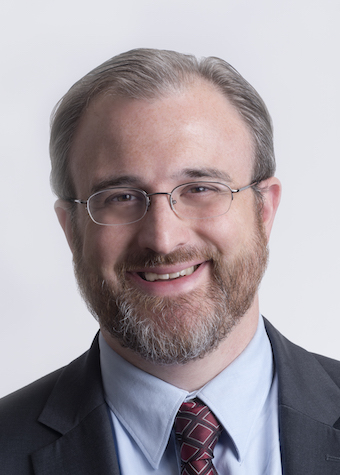 John D’Amore, MS is an informatics entrepreneur and 2011 SBMI MS in Health Informatics alumnus. Beyond owning his own companies, he has worked with several organizations including Allscripts and Memorial Hermann Health System. John currently serves as the owner of More Informatics; a company dedicated to the development and implementation of health IT solutions to improve care quality and efficiency.
John D’Amore, MS is an informatics entrepreneur and 2011 SBMI MS in Health Informatics alumnus. Beyond owning his own companies, he has worked with several organizations including Allscripts and Memorial Hermann Health System. John currently serves as the owner of More Informatics; a company dedicated to the development and implementation of health IT solutions to improve care quality and efficiency.
Tell us about the recent sale of the company you founded. What entrepreneurial advice can you share?
I founded Diameter Health in 2013 and it was a company based on ideas I explored at UTHealth Houston SBMI. The key idea was rooted in an observation that newly adopted electronic health records (EHRs as part of the Meaningful Use program) recorded and exchanged data in heterogenous ways. This created a need for software to help normalize information for analytics, population health and quality measurement. Diameter Health met this need and grew over 9 years raising $30 million in venture capital and eventually being sold to Availity in 2022.
The best advice I can give to anyone thinking about entrepreneurship in the informatics industry is twofold. First, follow your passion. You’re going to have to work really hard over many years, so you better love the stuff you do. Second, the future of healthcare isn’t too hard to predict when you read the details of regulations. But you have to understand the complexities of healthcare (i.e. informatics!) to execute business ideas effectively.
How did SBMI prepare you for owning your own informatics companies?
If you had asked me in my early 20s whether I would ever found a company, I would have said “No.” However, my time at SBMI exposed me to many healthcare companies and I began to see how it was possible to start small, build something that works, and then grow. In addition, I learned to appreciate that there is no magic in healthcare; there’s just complexity. If you can understand the complexity, breathe it in, you can think through logical improvements. To improve healthcare, we need informatics professionals willing to work on hard problems and find incremental, stepwise solutions. Sometimes, those solutions can be an informatics startup.
How has the field changed since you graduated?
I graduated in 2011 and there’s continued to be immense change since then. Back then, getting EHRs broadly adopted and healthcare data into a digital format were big challenges. Now we need to focus on how we can make that data usable. Usable to clinicians, analysts, executives, patients and machine learning. I believe the intersection of informatics and machine learning will revolutionize healthcare, but maybe not in the ways people might suspect.
What course at SBMI did you find most beneficial and why?
I still remember Dr. Elmer Bernstam forcing me to learn how regular expressions work and to do some simple coding to analyze large healthcare data sets. I think this was in the “Foundations II” course. I wasn’t a computer science major in undergrad, but I got enough technical exposure at SBMI that I was willing to be the technical founder (and CTO for many years) of Diameter Health. If you can understand how healthcare works and have a willingness to explore technical solutions yourself, anyone can make a big impact.
If you could give your younger self career advice, what would it be?
While I’ve always believed this, I would reinforce this adage to my younger self: “Never doubt that a small group of thoughtful, committed citizens can change the world; indeed, it’s the only thing that ever has.”
If you can gather and motivate the right group, you can change the way healthcare operates for the better.